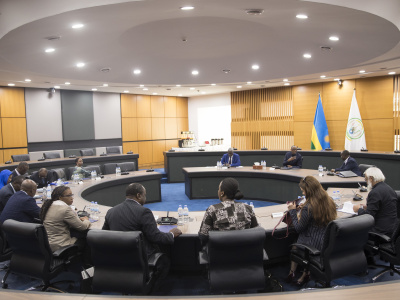
Governance in Africa-Europe relations: Modesty, realism and working politically
This note identifies some of the political and bureaucratic hurdles in dealing with governance in Africa-Europe relations and suggests ways forward.
Summary
Since the 1990s governance has been a top priority in the Europe-Africa partnership. This briefing note identifies some of the political and bureaucratic hurdles in dealing with poorly governed states and suggests possible ways forward.
In the recent past we have moved away from overly normative to more realistic approaches in promoting political and economic reforms. The limitations of technocratic investments, informal democratic institutions and electoral processes are now increasingly recognised. The rather simplistic belief that it is possible to ‘buy’ governance reforms with aid conditionalities is waning. Thinking and working politically has become the new mantra.
Effective governance institutions have to be locally rooted. External partners can play a supportive role in facilitating change processes, but never a leading role. Their support can only be effective if they lead by example and do their homework well by better understanding the complexities of domestic reforms, including the obstacles and incentives for change. Acting upon that knowledge is paramount. But why is it so difficult to apply the lessons learnt and change current practice?
This note calls for a large dose of modesty and realism, a more cooperative engagement towards coalition building, and fundamental changes in the political and bureaucratic culture of development agencies and diplomatic services.




